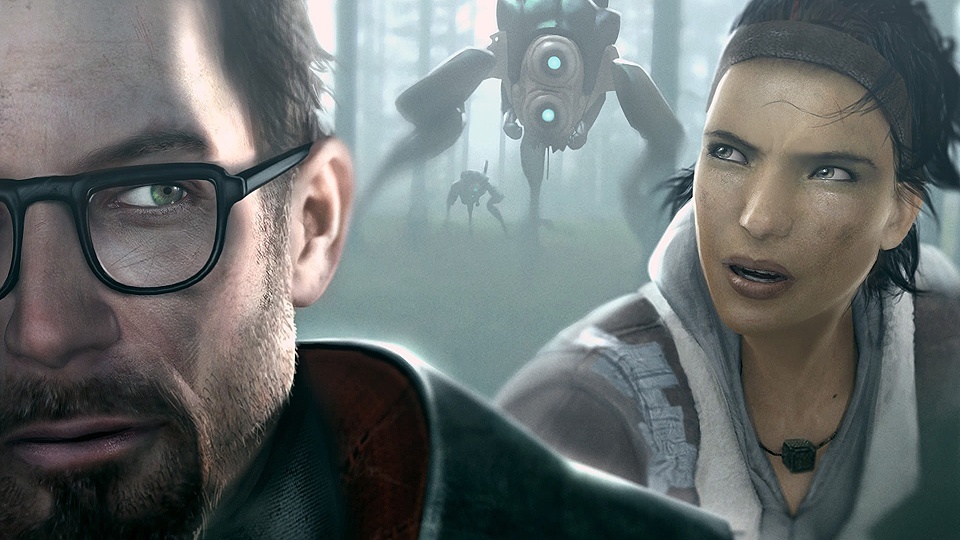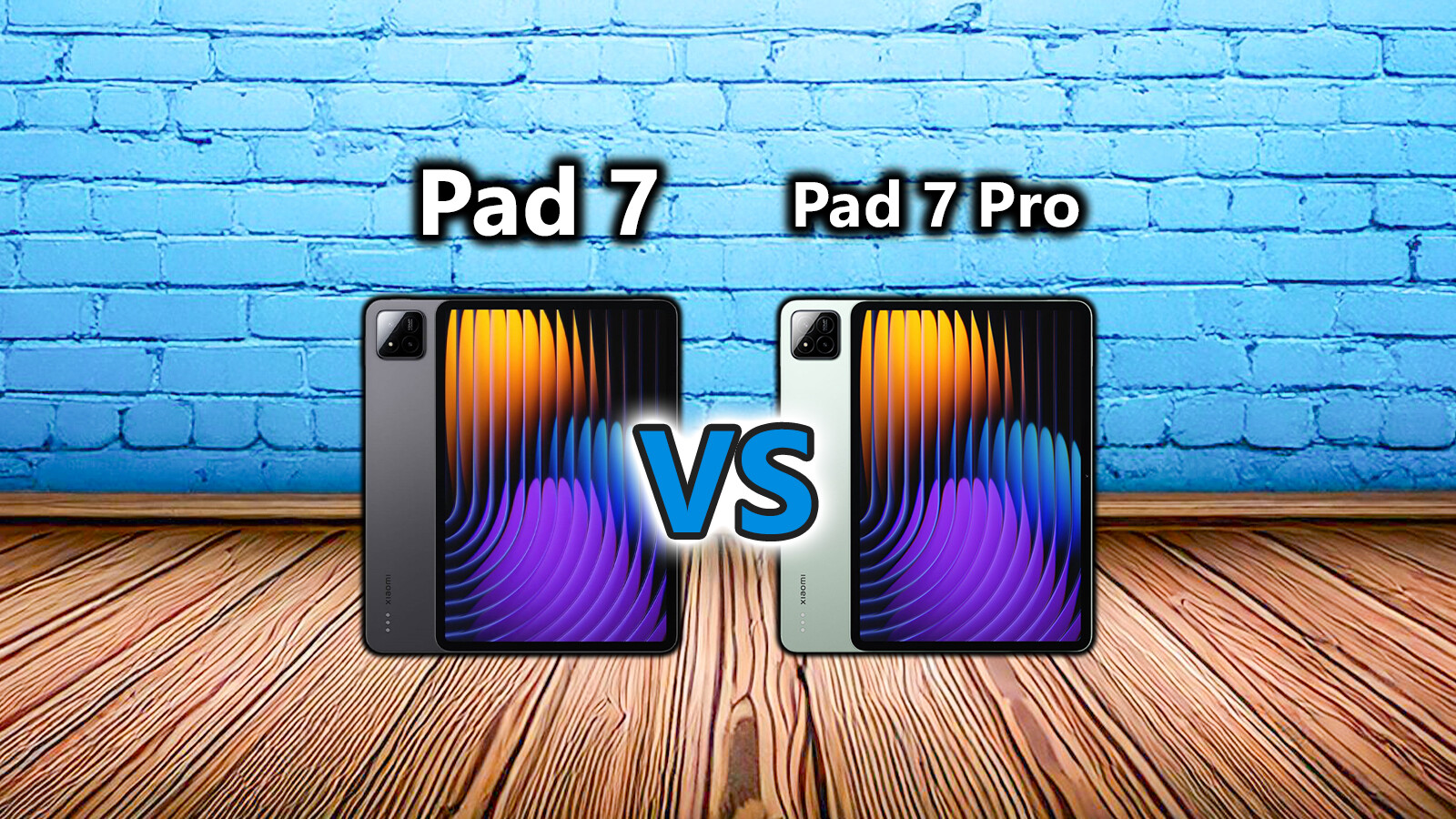Ubisoft announced this week a new AI Screenwriting Tool It says it will help game authors create dialogue for NPCs.
Created by Ubisoft R&D department, ghostwriterAccording to the company, it’s not meant to replace writers.
According to the company, as the game’s scope grew, writers found it more challenging to create diverse and interesting NPCs; because of this, Ubisoft created programs to help ease the burden.
“Rather than replace video game writers, Ghostwriter eases one of video game writers’ most strenuous tasks: writing bark,” said Roxane Barth, content writing assistant at Ubisoft, in a blog post.
“The ghostwriter effectively generated the first draft of the barks—phrases or sounds that NPCs make during trigger events—which gave the writers more time to refine the narrative elsewhere.”
Created by La Forge Montreal R&D Scientist Ben Swanson, Ghostwriter is the result of conversations with Narrative Designers who revealed the challenges of creating bark for NPCs. Swanson believes that this problem can be solved with artificial intelligence tools.
Crowd chatter and barking are core features of player immersion in games that include NPCs talking to each other, enemy dialogue in combat, or triggered exchanges; thus, Ghostwriter will reduce the time and creative effort required for scriptwriting, therefore, the aforementioned Could be better spent on other core story items while still allowing creative control.
“Instead of writing the first draft themselves, Ghostwriter lets the writers select and polish the resulting samples,” Swanson explains. “In this way, technology becomes a tool that teams use to support them on their creative journey, with every interaction and feedback coming from the members using it.”
AI writing and art has become quite popular lately, with many companies releasing versions of their technology. For example, artistic AI programs can create visuals based on descriptive text. Also, depending on the program, an article or thesis can be generated by entering keywords and a small paragraph full of information. The current downside is that it tends to repurpose content rather than generate more fulfilling and interesting content.
Google recently opened up its AI chatbot, Bard, to more people. In direct competition to OpenAI’s ChatGPT and Microsoft, which recently released its own technology related to its Bing Internet search, Bard and other companies like it allow you to collaborate with generative AI. Chatbots are computer programs that simulate and process human conversations and allow people to interact with digital devices as if they were communicating with real people. Programs like these can answer everything from simple questions to act as digital assistants.
Now, with Ubisoft on board, it might only be a matter of time before other game companies follow suit. It might be considered a fad at the moment, but chances are, AI technology like this won’t disappear anytime soon, and you can expect more intelligent programs to emerge in the not-too-distant future.









